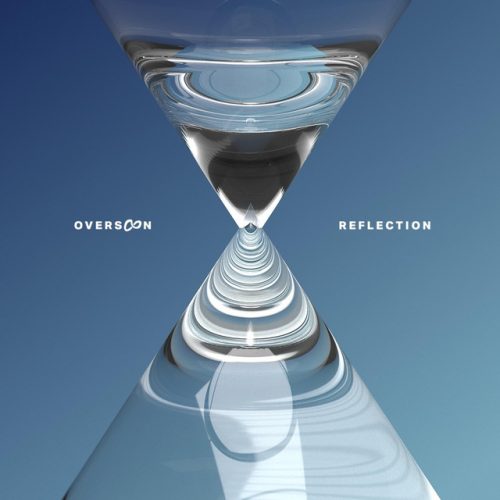“Reflection”, by Oversoon, and “Somebody That I Used To Know” by Gotye, share pizzicato stylings and a mournful beginning. However, where “Somebody That I Used To Know” continues to wallow in regret and self-pity (and hey, sometimes you gotta wallow a bit, you know?), “Reflection” resolves to overcome both personal failings, and disappointment in a lover. There is a divergence toward reconciliation.
“Reflection” isn’t a preachy song of faith, but if you listen through to the end of the song, Oversoon doesn’t hide their orientation of faith either. It’s an honest song. For many, “religious” music or conversation tends in various directions which seem inauthentic. Some religious music sounds like a resolute false positivity, like our first exposure to the character Unikitty in The Lego Movie. Some of it sounds like judgement, whether subtle or vitriolic. Along with judgement, some religious music or conversation comes across as manipulative, with a “join us” or “be like me” message to it.
That’s not “Reflection.” It’s not false positivity – “Reflection” honestly acknowledges fading love.
Knowing isn’t feeling…
It doesn’t feel like truth.
And my emotions toward you
Are fading, they’re fading.
The song goes on to talk about putting work into dealing with emotions. It doesn’t stop there, though. Mackenzie Paige is featured, and the lyrics of her part go on to say
Knowing isn’t feeling,
But knowing is the truth.
Here, the lyrics of “Reflection” echo – for me – the Leonard Cohen song “That Don’t Make It Junk,” from his EP Ten New Songs.
I know that I’m forgiven
But I don’t know how I know
I don’t trust my inner feelings
Inner feelings come and go
Although “Reflection” acknowledges the reality and importance of emotion, the lyrics suggest that emotion is not a singular aspect of wholeness or of reconciliation within relationship.
When Mackenzie Paige’s vocals come in, in “Reflection”, introducing a new perspective, it again parallels Gotye’s “Somebody That I Used To Know,” featuring Kimbra, in which Kimbra’s voice comes in solo with a new perspective on the relational context of that song’s narrative. However, Mackenzie Paige’s voice in “Reflection” introduces a perspective that affirms a possible redemptive turn for the relationship, whereas Kimbra’s vocal entrance in “Somebody That I Used to Know” only magnifies and exacerbates the dissolution of the relationship referenced there.
“Reflection” isn’t about judgement, just as it isn’t about false positivity.
The resolution, the reconciliation of the relationship, is about seeing the reflection of yourself in the other person’s eyes. That’s not narcissistic – it’s about seeing another person – “the other” – as having the same human value and moral worth as oneself. Only at the end does the song make clear that this view of the other – of any other person, in fact, – as being equally and highly worthy of love – derives from a faith tradition and a faith founder.
The best thing about the song “Reflection” is that it’s really lovely to listen to. There’s not a lot of orchestration and arrangement to the song. That means that the instrumental accompaniment is really bare – and it’s beautifully balanced and delicate. It’s both precise and expressive, a tremendous musical accomplishment. The voices, too, are clear and tuned while also being emotionally authentic.
I could listen to “Reflection” over and over, and not tire of it. That’s all a person can ask of any song.







